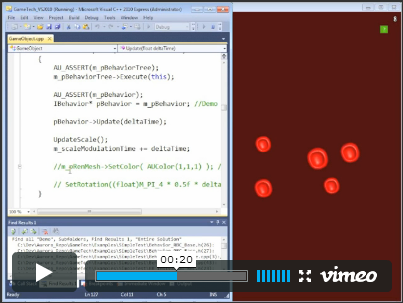New paper: N3532, C++ Dynamic Arrays -- Lawrence Crowl and Matt Austern
A new WG21 paper is available. A copy is linked below, and the paper will also appear in the next normal WG21 mailing. If you are not a committee member, please use the comments section below or the std-proposals forum for public discussion.
Document number: N3532
Date: 2013-03-12
C++ Dynamic Arrays
by Lawrence Crowl and Matt Austern
Excerpt:
Instead of adopting C variable-length arrays, we propose to define a new facility for arrays where the number of elements is bound at construction. We call these dynamic arrays,
dynarray. In keeping with C++ practice, we wish to makedynarrays usable with more than just automatic variables. But to take advantage of the efficiency stack allocation, we wish to makedynarrayoptimizable when used as an automatic variable.




